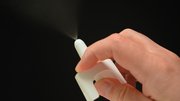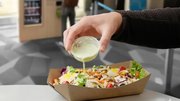Vending
COVID just the latest challenge for one independent operator
An unexpected expansion into residential bottled water delivery enabled an independent convenience services operator to survive the pandemic.
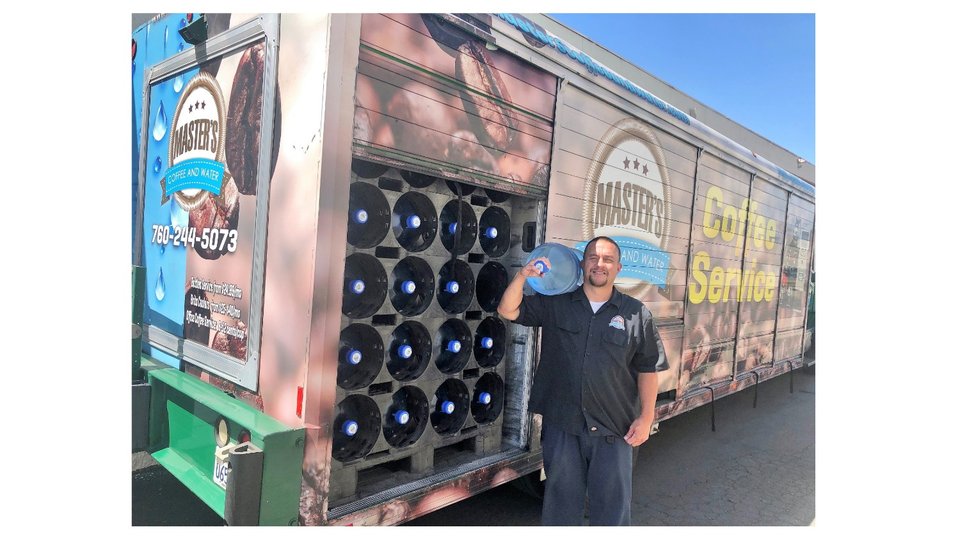
August 18, 2021 by Elliot Maras — Editor, Kiosk Marketplace & Vending Times
For Jerry Lisle, the pandemic is just the latest of many challenges he has survived as an independent convenience services operator.
Lisle, who launched his vending business in 1988 as Master's Vending Service in Redlands, California, after working for Pepsi Cola Co.'s full service vending division, learned early on the need to be versatile in a continuously changing industry.
By the mid-2000s, the economics of operating a vending business in the $1 million to $5 million revenue range became especially difficult as large employers were leaving the state and vending technology, while bringing new efficiencies, brought higher operating costs.
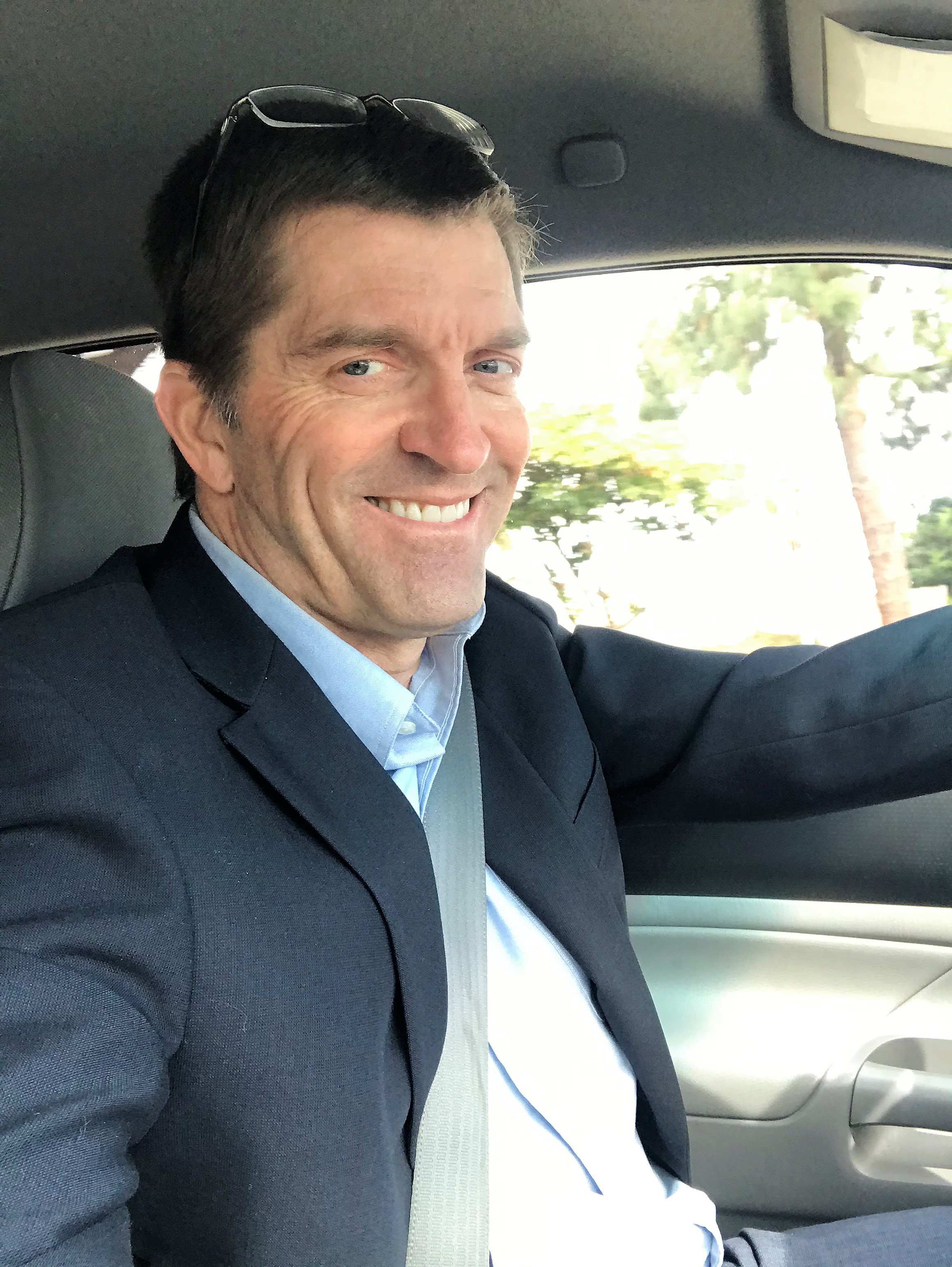 |
| Jerry Lisle has learned the importance of being versatile in convenience services. |
After building it into an operation with 20 employees, Lisle sold the company to Canteen Vending Services in 2013 to focus on coffee service and water service as Master's Coffee and Water.
A change of business direction
"Vending really does well when you have large populations, and California has become a state with increasingly smaller workplaces," Lisle said in an interview.
The larger workplaces that did remain — such as retail businesses — were largely managed by vending management companies, which for most vending operators is a less profitable business.
"We were facing a world where in the next couple of years we were going to have to switch to credit card readers and we were going to have to make sure that telemetry allowed all of our machines to be connected to Wi-Fi and wireless," Lisle recalled. "The cost of retrofitting all of those (machines) where you've got 2% margins just did not make any sense."
Another issue was the prevalence of the "R" factor, where a vending operator misrepresents the sales to the customer so they don't have to pay the agreed upon commission. Lisle was not able to compete against such competitors.
He recalls competitors bidding 27% commission on cold food sales.
"There is no way he (the operator) is giving 27% (commission) off the top on a sandwich that he's paying $1.50 for, he's selling for $2.50 and he's wasting half of them," Lisle said. "That's not going to happen."
"They were cheating customers, they were cheating the government, they were cheating workers comp," Lisle said. "I have never cheated the government a penny. I have never cheated one of my employees five minutes on his time card. As a result, I never made any money."
Being in the $1 million to $5 million sales range was unprofitable, as many in the industry are aware. The companies doing less than $1 million in sales don't have the overhead while the larger ones (over $5 million in sales) have the purchasing power and economies of scale.
Renewed focus brings growth
 |
| The company bottles its own water and has invested heavily in equipment upgrades. |
Focusing on OCS and five-gallon bottled water delivery, Master's Coffee and Water grew 10% to 20% each year.
By 2019, things were looking bright when one major water service competitor, Glacier Pure in Riverside, sold out to Lisle.
The next year he bought Pure Rite in Hisperia.
Both companies did around $800,000 to $900,000 a year with about 1,500 customers.
The acquisitions moved the company from two routes to eight.
He shut down Pure Rite's water bottling facility, upgraded the Glacier Pure facility while keeping his own water bottling plant.
The downside of both acquisitions — or so he thought at the time — was that half their business was from homeowner customers.
"When we took on Pure Rite and Glacier Pure, we took on a massive amount of residential, and we hated it," Lisle said.
The residential business is difficult due to how demanding homeowners are about deliveries.
Lisle also needed to convert from an existing software, which was designed for bakery delivery, to RMA route management software, before acquiring Pure Rite and Glacier Pure.
"It was an unbelievable challenge for my staff," he said.
COVID strikes
No sooner was Lisle starting to feel good about expanding the business when COVID-19 hit in March 2000.
Moved by reports of bottled water shortages, homeowners deluged the company with bottled water requests.
"We went from 20 phone calls a day to about 400 in three weeks," he said. "We had people screaming and yelling and leaving nasty messages and terrible Yelp reviews and everything else because we couldn't answer their 400 phone calls a day."
Drivers in residential areas ran out of water bottles by noon because customers who normally took three bottles took 20.
As aggravating as it was, it was a good problem to have, as business customers were mostly closed. The coffee service sales fell between 50%-60%.
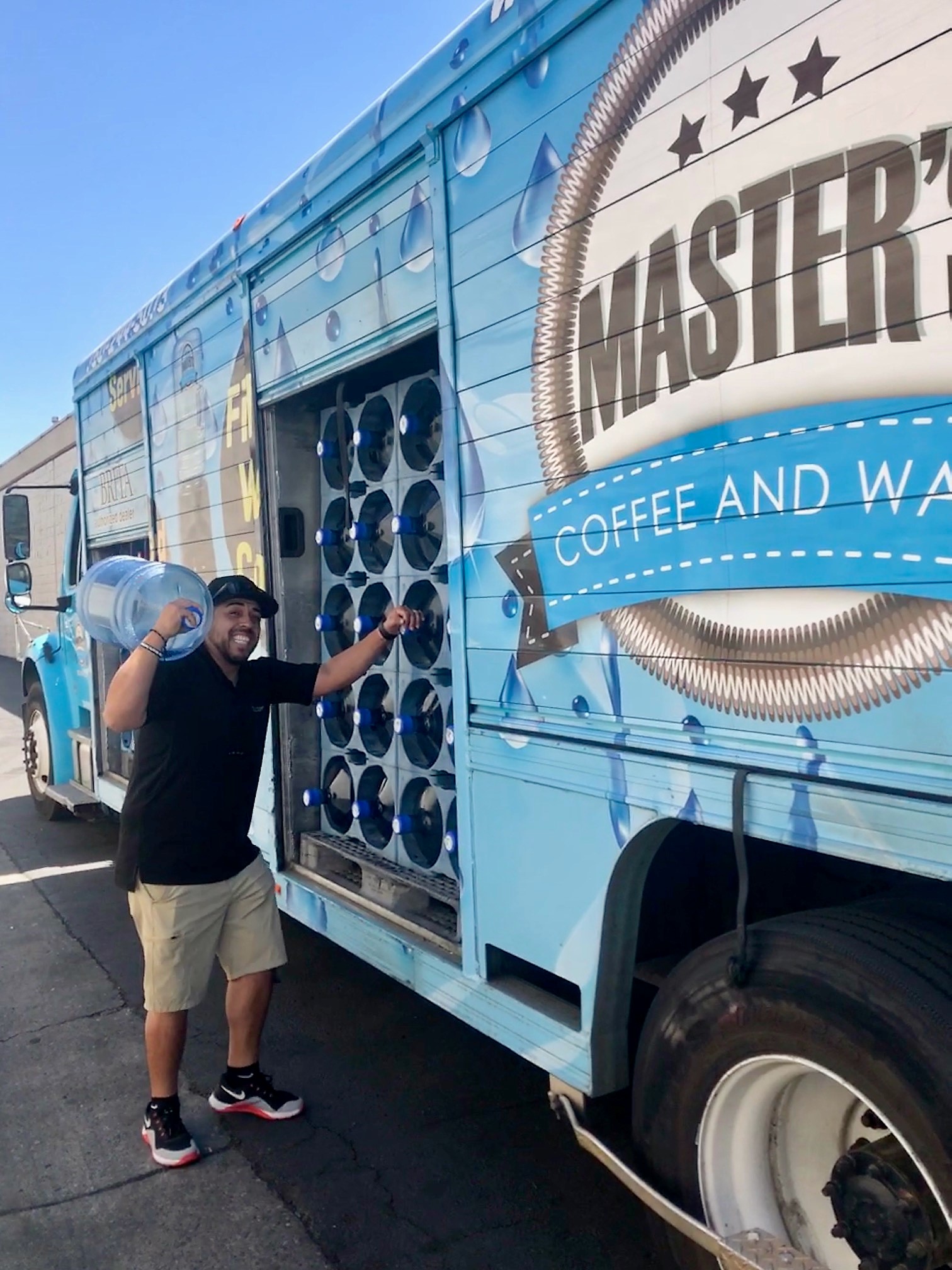 |
| Master's Coffee and Water combines its bottled water and coffee deliveries. Victor Aripez prepares a delivery. |
"Those residential customers who were such a pain in the rear end provided us the revenue to survive," Lisle said. "We would have absolutely (otherwise) gone under."
One school district retrofitted its drinking fountains to make them more sanitary, but had to stop construction after encountering some environmental issues.
"After stopping construction they had no drinking fountains, so they had to call us and buy 4,000 cases of 16-ounce plastic bottles which will be thrown in the trash, filling up a landfill, all because they were trying to be more environmentally conscious," he said. "We were literally delivering three or four cases of Niagara water a day for like two or three weeks."
Overall company sales fell more than 20% at the worst point of the pandemic
Lisle, however, avoided layoffs, although some employees quit thinking there would get government support. The company currently has 22 full-time employees.
Outlook promising
Sales have since been improving, and Lisle is hopeful OCS sales can reach pre-COVID level in another year.
Longterm, he believes he can cross sell OCS to business bottled water accounts.
Amazon, Costco and Staples have become strong coffee competitors. In response, Lisle has hired telemarketers and two full-tine sales people.
Looking back, Lisle feels fortunate he made the changes he made in response to changing market conditions, even though some conditions, such as COVID, could not be foreseen.
"I truly feel like a wildfire went through our neighborhood and we're the only house left standing," he said.
For an update on how the pandemic has affected convenience services, click here.
Photos courtesy of Master's Coffee and Water.
About Elliot Maras
Elliot Maras is the editor of Kiosk Marketplace and Vending Times. He brings three decades covering unattended retail and commercial foodservice.



